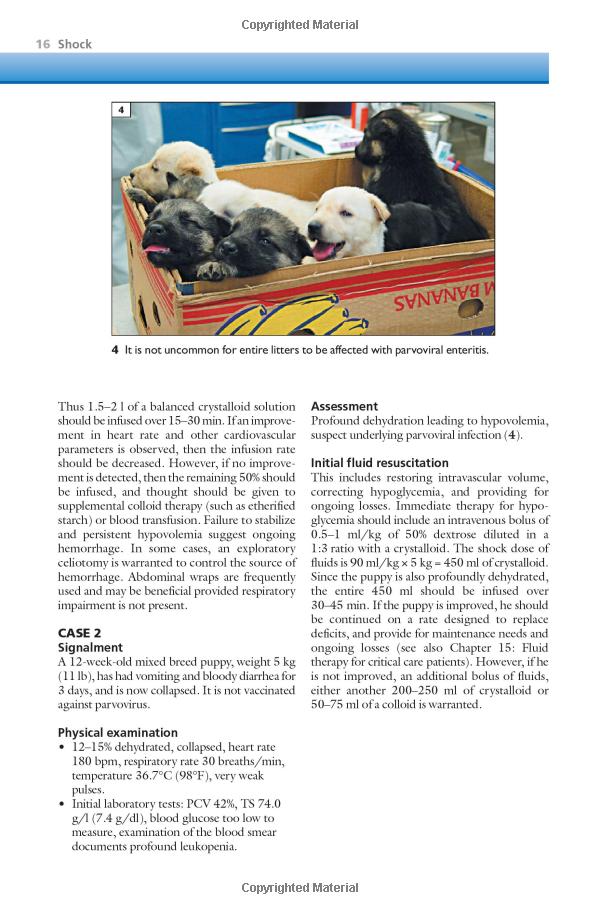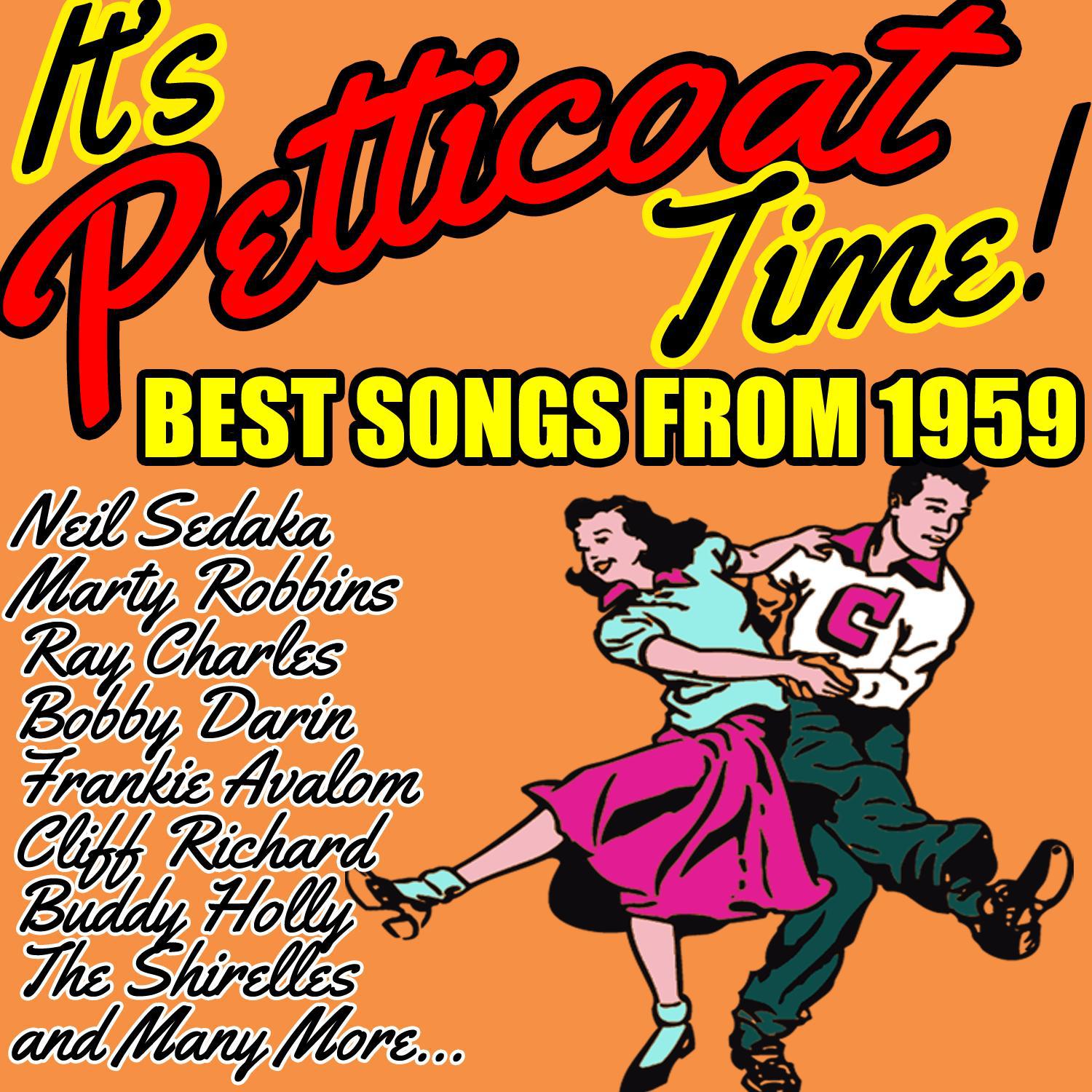Pets 1973: A Timeless Era of Animal Companionship and Care
Guide or Summary:Pet Health Care RevolutionPet-Friendly CommunitiesEmergence of Pet Ownership CultureInfluence on Modern Pet CareIn the mid-1970s, the bond……
Guide or Summary:
- Pet Health Care Revolution
- Pet-Friendly Communities
- Emergence of Pet Ownership Culture
- Influence on Modern Pet Care
In the mid-1970s, the bond between humans and animals reached a profound milestone, heralding a new era of pet care and companionship. The year 1973 marked a turning point in the way we interacted with our furry and feathered friends. This period witnessed significant advancements in pet health care, the rise of pet-friendly communities, and a burgeoning culture of pet ownership that continues to shape our lives today.

Pet Health Care Revolution
One of the most notable aspects of the 1970s was the exponential growth in pet health care. Veterinary science experienced a surge in innovation and professionalism, leading to more effective treatments and preventative measures. Vaccinations became more widespread, significantly reducing the incidence of diseases like distemper and rabies. Pet food manufacturers began to prioritize nutritional value, leading to the development of specialized diets for various breeds and life stages.
Pet-Friendly Communities
The 1970s also saw the rise of pet-friendly communities, reflecting a growing societal acceptance of pets as integral members of the family. Many urban areas began to accommodate the needs of pet owners, with the establishment of dog parks, pet stores, and veterinary clinics. These developments not only catered to the practical needs of pet owners but also fostered a sense of community and belonging among those who shared a passion for animal companionship.

Emergence of Pet Ownership Culture
The 1970s witnessed the emergence of a distinct pet ownership culture, characterized by a deep appreciation for the emotional and psychological benefits of pet companionship. The concept of pets as "emotional support animals" began to gain traction, highlighting the therapeutic value of animal companionship for humans. This period also saw the rise of pet therapy programs, where trained animals visited hospitals, nursing homes, and schools to provide comfort and support to humans in need.
Influence on Modern Pet Care
The advancements and cultural shifts of the 1970s have had a lasting impact on modern pet care. Today, pet health care continues to evolve, with ongoing research and innovation driving improvements in veterinary medicine. Pet-friendly communities remain a cornerstone of urban planning, ensuring that pets are accommodated alongside their human companions. The cultural appreciation for pets as companions and emotional support animals has only grown, with pet therapy programs expanding to include a wide range of animals and settings.

In conclusion, the year 1973 was a pivotal moment in the history of pet care and companionship. It marked the beginning of a new era characterized by advancements in pet health care, the rise of pet-friendly communities, and a burgeoning culture of pet ownership. The legacy of these developments continues to shape our relationship with animals today, highlighting the profound impact that pets have on our lives. As we look back at the past, we can appreciate the progress we've made and look forward to the continued evolution of pet care and companionship.